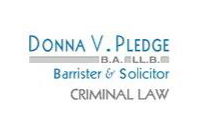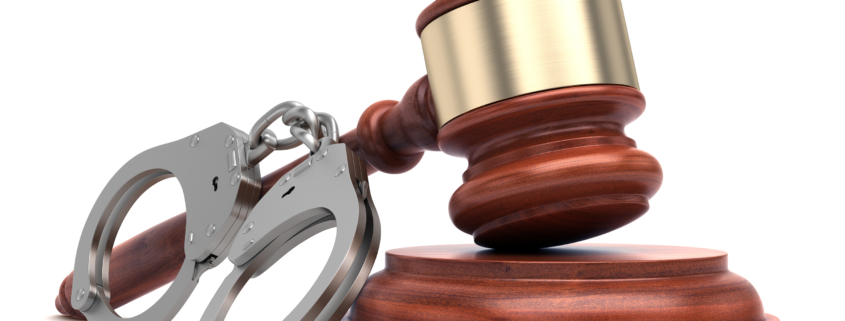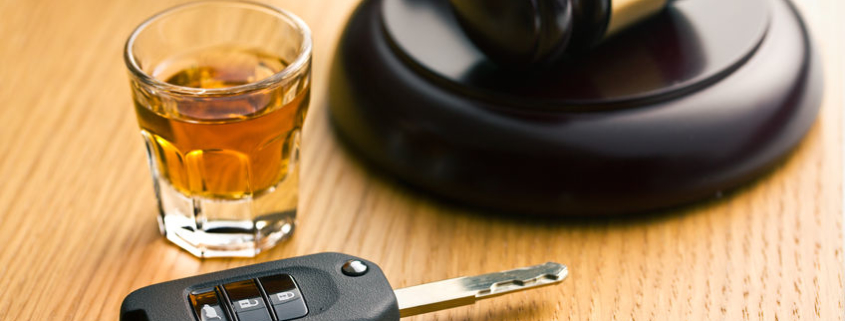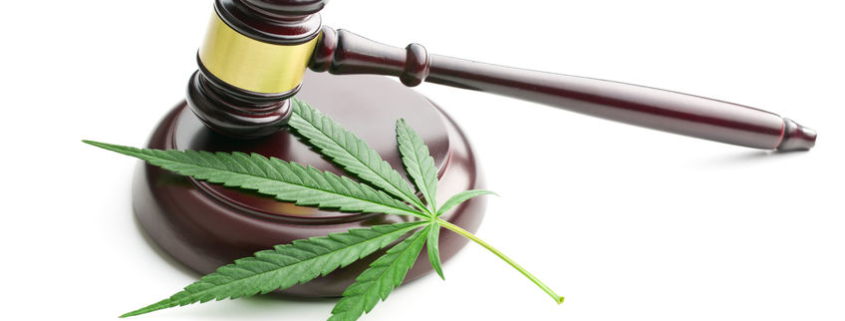Recent Success – Charged with Trafficking and Possession of Methamphetamines (May 2019)
My client was charged with Trafficking in Methamphetamines and Possession for the purposes of Trafficking in Methamphetamines. Both charges were discharged.
The Scenario
My client was charged with Trafficking in Methamphetamine and Possession for the purposes of Trafficking in Methamphetamine as a result of surveillance by the police over a period of approximately one month. It was alleged that my client trafficked 82 grams of Methamphetamine, and as a result was arrested along with another individual. Subsequently, the police obtained two search warrants to search two residences, associated with my client.
During the search of one of the residences, several items with my clients name on it were found. Located in the other residence was 81 grams of Methamphetamine in a woman’s size 8 Michael Kors boot. The Crown further tried to establish that because my client and another individual picked up a third individual, who later was found to have 82 grams of Methamphetamine in his possession, and drove around the block and then dropped him back off, that they sold him the drug. As a result, the police arrested my client along with another individual for the charges as described above.
Our Process
At the Preliminary Inquiry, the police were called and provided evidence with respect to the surveillance they had conducted on my client and the items recovered as a result of the search warrants. On that basis, the crown argued that there was enough evidence to proceed to trial. I argued that the evidence was not sufficient to get over the threshold of the Preliminary Inquiry and the court agreed and the charges were discharged.
Get the Best Defence: DV Pledge
It is important to have a lawyer representing you – who at every opportunity will argue to have the charges thrown out. One need not wait for trial. I, Donna Pledge, am one such lawyer.
Call 416-630-8702 or click here to email.
Donna V. Pledge, Barrister & Solicitor
Donna V Pledge, is a highly experienced criminal lawyer in Toronto with over twenty-five years of experience in the area of criminal offences. She has been successfully defending clients since 1992. She has earned the reputation of a tough and no-nonsense lawyer who can get her clients out of any criminal case with either a full acquittal or a very light sentence. Donna Pledge represents her clients in courts all over Ontario.







